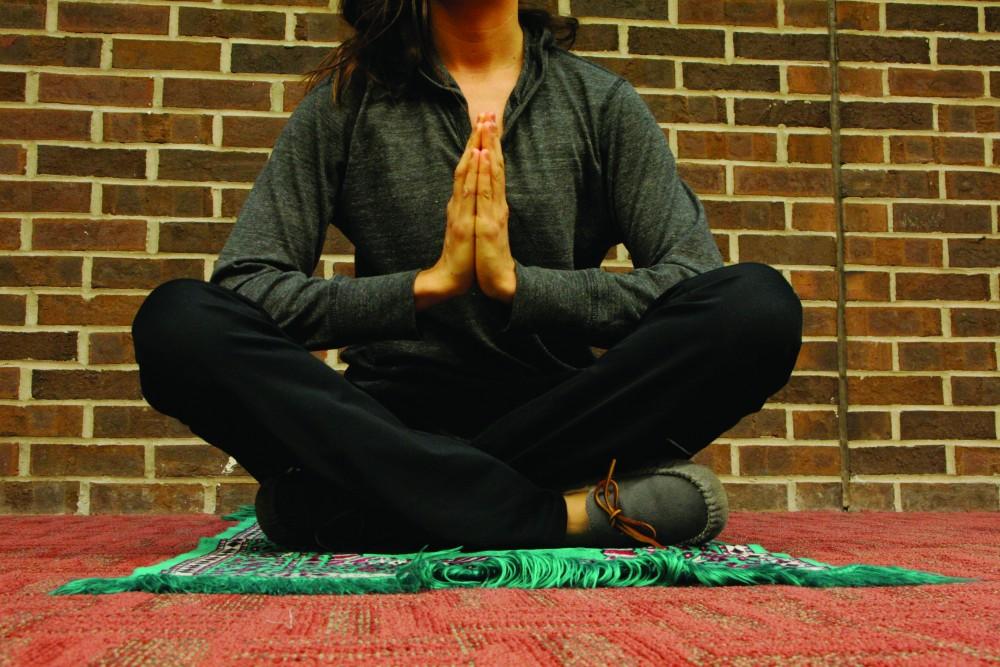New policy aims for religious inclusion

GVL / Amy Hammond Photo Illustration
Dec 5, 2012
At Grand Valley State University, the adjustment from fall to winter semester isn’t the only anticipated change. Recently approved by the univeristy’s Senior Management Team, a new policy has been finalized and is now declared in effect by the University Counsel.
The Religious Inclusion Policy recognizes that, “although the university does not observe religious holidays, it recognizes that there are a number of religious holidays that affect significant numbers of our students, staff and faculty.”
Through this policy, students, staff and faculty have the opportunity to observe their faith without conflict or penalty of missing educational or professional obligations.
As Assistant Vice President of Affirmative Action at GVSU, Dwight Hamilton’s role is to investigate claims of discrimination and harassment and review policies related to those issues.
It was with those responsibilities in mind that Hamilton drafted the propsal himself.
“I’m hoping that the policies will further make Grand Valley a more inclusive environment, where students can observe their faiths,” Hamilton said. “The next step is getting the word out on (the) policies to the GVSU community. We will also be including information on (the) policies in current and future training.”
Different policies at GVSU are subject to review through faculty governance, the Administrative/Professional Committee, the Provost Committee and finally to the Senior Management Team.
The AP Committee, which consists of any executive administrative professional staff, had the opportunity to voice any concerns or ask any questions when Hamilton originally presented the policy. Michelle McCloud, chair of the AP Committee, said the policy passed with no questions or concerns and continued to flow right through the system.
“It is really good to clarify things for students and allow them to observe different religious holidays,” McCloud said. “It is a good foundation for students to have in order to be excused from classes and observe their faith. There is now a specific form, and clear process on how to handle these issues, where it may not have been as clear before.”
With policies like religious inclusion which are complicated topics, there have been discussions for years. Jon Jellema, associate vice president for Academic Affairs, said it has been hard to implement a strong policy that addresses both professors and students in a fair manner.
“For some time, there has been tension when academic obligations clash with religious observation,” Jellema said. “My understanding is that the new policy expands and clarifies the existing language.”
Questions about what students should do when they have classroom obligations that conflict with their religious faiths have been raised consistently. What happens when examinations are scheduled on Yom Kippur or Good Friday?
Jellema said the new policy provides guidance for faculty and students to help them reach an agreement on how to accommodate religious observance without sacrificing class requirements. Additionally, as a public institution, religious holidays aren’t recognized so university organizations should be familiar with holidays when scheduling campus events.
Specifically in the past, Family Weekend has been scheduled during the Jewish high holidays, which gave the wrong impression that the Jewish community isn’t a part of the GVSU family.
This mistake wasn’t done intentionally, but out of lack of familiarity with the significant holidays of others. The policy suggests that event planners consider religious holidays when scheduling significant campus events to maximize inclusion.
The policy will soon be available in print, located on the Inclusion and Equity website at www.gvsu.edu/inclusion.

























